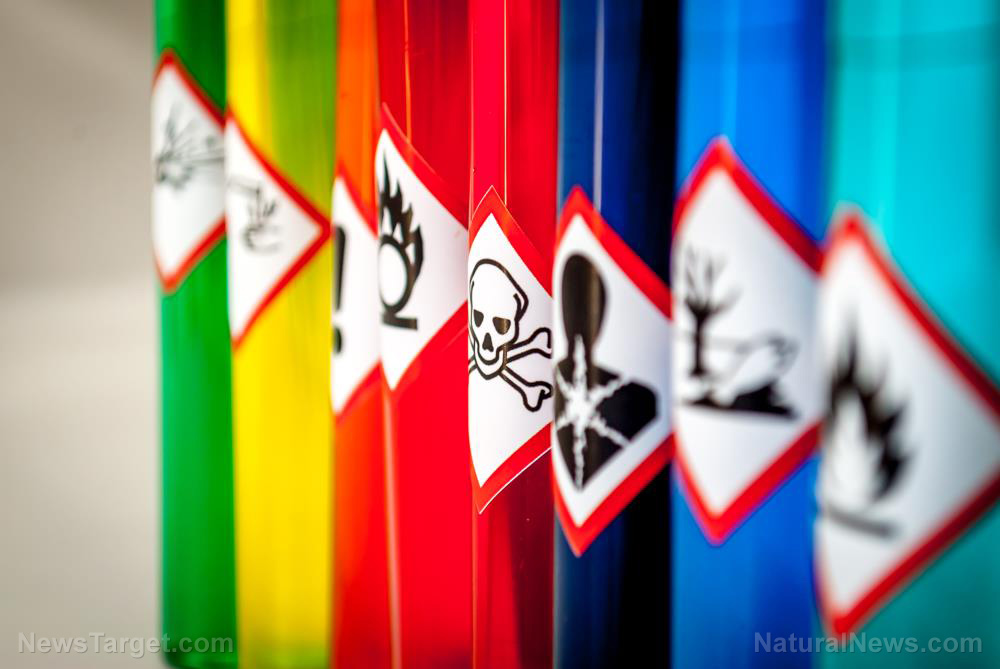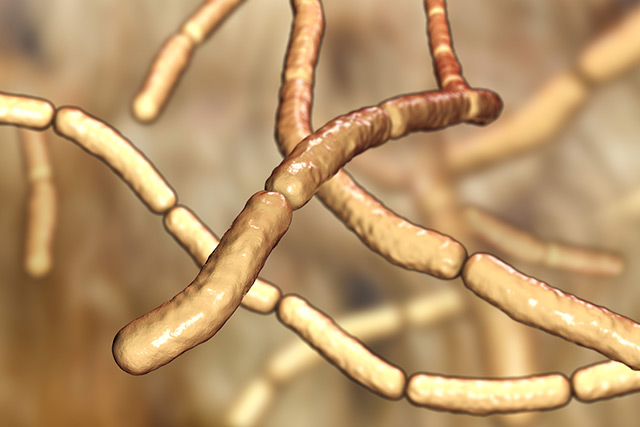Is wide-scale environmental abuse playing a role in spreading coronavirus?
07/14/2020 / By Ethan Huff

Less than a year before the Wuhan coronavirus (COVID-19) appeared out of nowhere, a team of researchers conducted a planetary “health check”, which led them to declare that the rapid destruction of Earth’s ecosystems represents an existential serious threat to humanity. And part of this threat apparently involves an increase in the rate and severity of pandemics.
Could it be that a lack of concern about maintaining biodiversity and clean environments is contributing to more people getting sick, particularly during this global pandemic? Experts from the Intergovernmental Science-Policy Platform on Biodiversity and Ecosystem Services (IBPES) believe so, warning that the health of humanity is dependent upon the health of our planet.
“There is a single species responsible for the COVID-19 pandemic – us,” these researchers claim.
“Recent pandemics are a direct consequence of human activity, particularly our global financial and economic systems that prize economic growth at any cost. We have a small window of opportunity, in overcoming the challenges of the current crisis, to avoid sowing the seeds of future ones.”
Professors Josef Settele, Sandra Díaz, and Eduardo Brondizio co-led the comprehensive planetary health check, as they call it, that arrived at some disturbing conclusions about the future of human society. In essence, if Earth’s natural life-support systems are not taken care of better than they currently are, then we can expect more devastating pandemics in the future.
“Rampant deforestation, uncontrolled expansion of agriculture, intensive farming, mining, and infrastructure development, as well as the exploitation of wild species, have created a ‘perfect storm’ for the spillover of diseases,” they further claim.
Are these warnings or threats?
The rationale behind this claim is that industrial activities are bringing humans more into contact with animals, and not necessarily in a good way. The conflict that exists between humans and animals is responsible for about 70 percent of human diseases, these researchers purport.
Things like urbanization of rural areas and the growth of global air travel supposedly helped to enable the emergence of the Wuhan coronavirus (COVID-19), they further contend. And the result, as the world has seen, is “untold human suffering and halt (of) economies and societies around the world.”
“This is the human hand in pandemic emergence,” is the message they think the world needs to hear. “Yet [COVID-19] may be only the beginning.”
In the future, these professors say, there will be pandemics occurring even more often than they occur now. Disease will spread much more rapidly than normal, and the economic impacts of governmental response to all of the fear and worry about sickness being amplified will destroy economies, leading to untold death and destruction.
At the same time, it is important to keep in mind that these researchers also believe in global warming and climate change, which they see as bringing about catastrophic consequences to the world. And what they want to see happen in order to prevent these potential consequences is to basically put an end to life as most people know it.
In many ways, the government’s response to the Wuhan coronavirus (COVID-19) pandemic – locking people inside their homes and shutting down the economy indefinitely, for starters – is the real cause behind much of the pain and suffering. Had there been a less extreme response, perhaps there would be a whole lot less carnage to clean up after the fact.
At the same time, it is important to take a closer look at how damaging the natural environment is hardly doing humanity any favors. If we could better align the way we live to harmonize with nature rather than contradict it, then perhaps there would be much less disease and suffering in our world.
More of the latest news about the Wuhan coronavirus (COVID-19) is available at Pandemic.news.
Sources for this article include:
Tagged Under: coronavirus, covid-19, Ecology, environ, environmental destruction, infections, outbreak, pandemic, Wuhan coronavirus
RECENT NEWS & ARTICLES
COPYRIGHT © 2017 ENVIRON NEWS




















